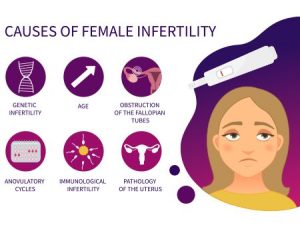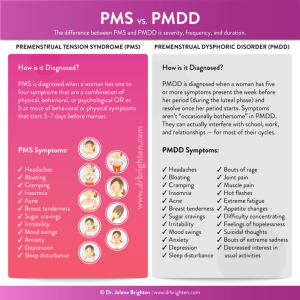Managing stress-related hair loss in women

As more women pursue demanding careers and juggle multiple responsibilities, stress has become a common companion in their lives. Unfortunately, high stress levels can often take a toll on their overall health, leading to various issues such as hair loss. In this article, we will explore the causes of stress-related hair loss in women and provide practical strategies to manage and minimize this distressing problem.
Understanding Stress-Related Hair Loss
Hair loss, medically known as alopecia, can occur due to various factors, including genetics, medical conditions, hormonal changes, and stress. When stress levels escalate, it can disrupt the normal hair growth cycle, leading to excessive shedding and thinning. The impact of stress on hair follicles can result in telogen effluvium, a condition where a significant number of hair follicles enter the resting phase prematurely and release hair strands.
Identifying the Causes of Hair Loss
While stress is a common trigger for hair loss, it is crucial to identify the underlying causes specific to each individual. Besides stress, other factors such as nutrition deficiencies, hormonal imbalances, scalp conditions, and the usage of certain medications may further contribute to hair loss. Consulting a dermatologist or trichologist can help determine the exact cause and provide personalized solutions to manage hair loss effectively.
Stress Reduction Techniques
Reducing stress is vital in managing stress-related hair loss. Incorporating stress reduction techniques into your daily routine can have a positive impact on both your mental well-being and the health of your hair. Below are a few effective strategies:
1. Practice Mindfulness and Meditation
Engaging in mindfulness and meditation exercises can help calm the mind and reduce overall stress levels. Find a quiet space, focus on your breathing, and release tension from your body. Meditation apps and guided meditation programs can also assist in developing a regular practice.
2. Exercise Regularly
Physical activity releases endorphins, which are known as “feel-good” hormones. Incorporate regular exercise into your routine to boost mood, reduce stress levels, and enhance overall well-being. Find an activity you enjoy, whether it’s jogging, yoga, dancing, or any form of exercise that resonates with you.
3. Prioritize Self-Care
Allocate time for self-care activities that help you relax and recharge. This can include taking baths, reading, engaging in hobbies, listening to calming music, or practicing aromatherapy. It’s crucial to carve out moments of tranquility amidst the chaos of daily life.
Healthy Hair Habits
In addition to stress reduction techniques, adopting healthy hair habits can also mitigate stress-related hair loss. Here are some practices to incorporate into your hair care routine:
1. Gentle Hair Care
Opt for sulfate-free shampoos and conditioners that are gentle on the scalp and hair follicles. Avoid vigorous towel-drying and combing wet hair as it can lead to breakage. Be mindful of heat styling tools and limit their usage to prevent further damage.
2. Balanced Diet
A well-balanced diet rich in essential nutrients promotes hair health. Ensure you include a variety of fruits, vegetables, lean proteins, and whole grains in your meals. Consider incorporating hair-friendly foods such as eggs, fatty fish, nuts, seeds, and leafy greens into your diet.
3. Supplements and Topical Treatments
Consulting with a medical professional can help identify any nutrient deficiencies and recommend suitable supplements. Additionally, certain topical treatments containing ingredients like minoxidil or serums with growth-promoting peptides and antioxidants may aid in reducing hair loss and stimulating regrowth.
Seeking Professional Help
If stress-related hair loss persists despite implementing stress reduction techniques and healthy hair habits, it is advisable to seek professional help. Dermatologists, trichologists, and hair restoration experts can provide personalized diagnosis and recommend advanced treatment options such as PRP therapy, laser therapy, or prescription medications to address the underlying cause of hair loss.
Conclusion
While stress-related hair loss can be distressing, proactive management can significantly improve the situation. By incorporating stress reduction techniques, adopting healthy hair habits, and consulting with professionals if needed, women can effectively manage stress-related hair loss and regain healthy, luscious locks. Remember, self-care is vital for overall well-being, and taking care of your hair is an essential part of it.






